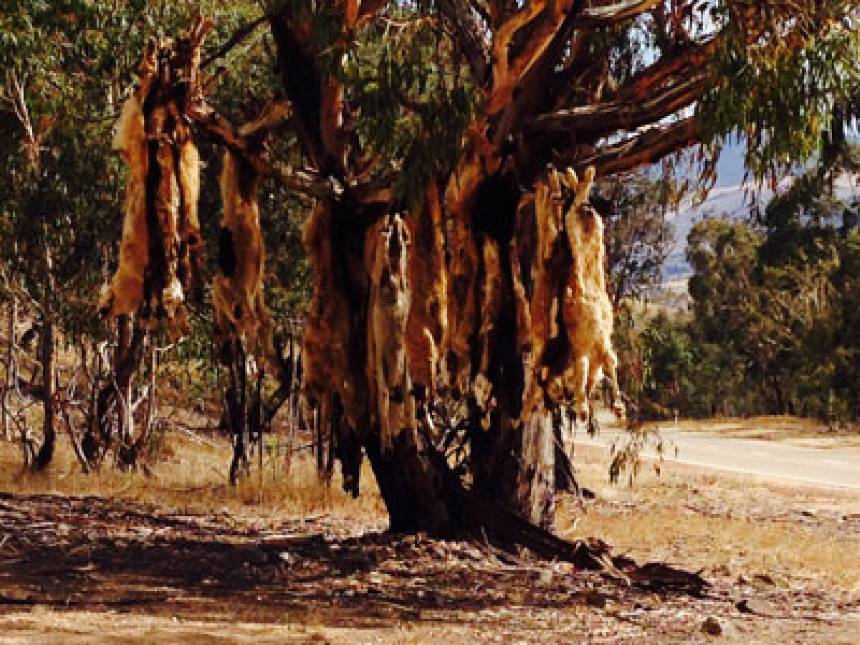State Member for Gippsland East, Tim Bull, has hit out at the Labor Party’s decision to end the very successful wild dog and fox bounty on November 29.
“As we know there is no easy solution to this problem, but the dog bounty has resulted in over 1,557 wild dog pelts being handed in to date and has proved its worth.
“This government has made a number of positive changes in relation to wild dogs and has not only re-committed to the bounty, but has announced a $4m boost to the aerial baiting program.
“Labor has said it will not fund the bounty and in a major faux pas has said it will put the money into aerial baiting, but the total spend is less than what the Coalition will spend on aerial baiting – while keeping the bounty.
“Under the Coalition you don’t have to choose between one or the other.
“I will give the Labor candidate for Benambra some credit, at least she has expressed her disappointment at her party’s policy. She seems to understand we need all actions, but her city based masters just don’t understand.
“In the past three years the total amount paid out for the bounty was $131,290, while the cost of this year’s two aerial baiting campaigns was around $500,000, so yet again Labor confirms that it does not understand value for money or budgets in general.
“This latest error comes after Labor for many years sat idle and did nothing on the wild dog front,” Mr Bull said.
He said the Coalition had made a number of positive changes including:
• Re-introduction of Lanes traps at the request of doggers and local community members after they were banned by Labor.
• Introduction of the wild dog and fox bounty and then doubled the wild dog bounty in January 2013 to $100, which has seen over 1200 pelts handed in.
• Established and grown community baiting programs with many landholders now participating.
• Maintained 72 hour trap checking for doggers (rather than move to 24 hour checking as was to occur under Labor) to allow doggers more flexibility to go about their business.
• Allowed farmers to undertake dog control measures outside their boundary as part of their co-ordinated baiting programs - with the intention to grow this in more areas.
• Provided iPads to the doggers so data can be entered in the field, removing the need for doggers to spend time in offices and thus allowing more time in the field.
• Now employing contractor and casual staff to provide more flexibility to the dog control program. This is forming the basis of a transition plan with some of the contractors/casuals being employed aged in their 30’s and 40’s.
• Recently changed legislation to allow for the introduction of mobile bait manufacturing stations.
• Recent commitment to completely abolish the 3km buffer zone
• New local Wild Dog Management Zone work plans are also now in place, which contain operational targets and allow government and industry to effectively work together using all available tools including trapping, baiting, shooting, exclusion fencing, guardian animals and good animal husbandry to reduce wild dog impacts.
• Training an additional 25 DEPI Field Service Officers in 1080 bait deployment to assist in peak activity periods.



